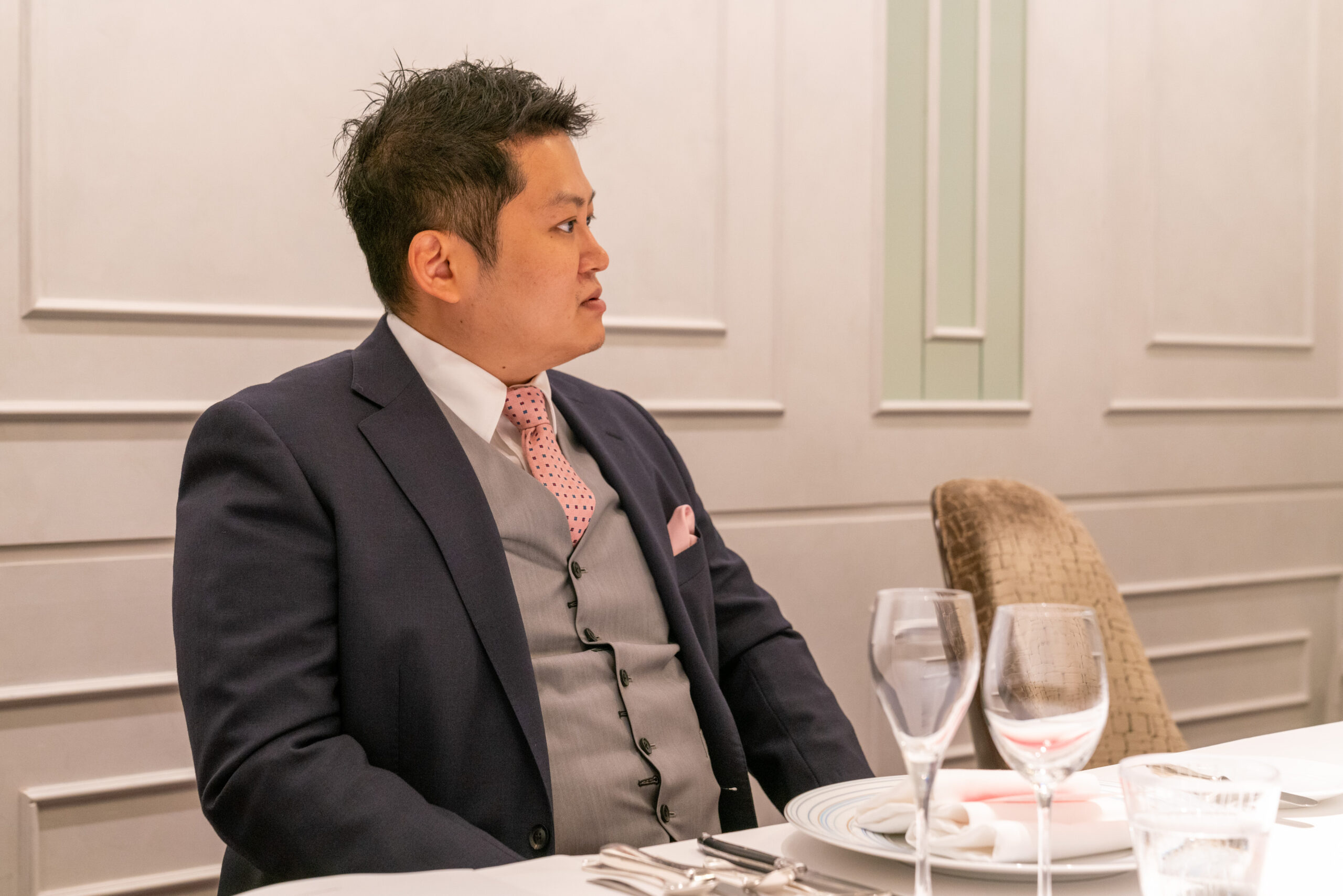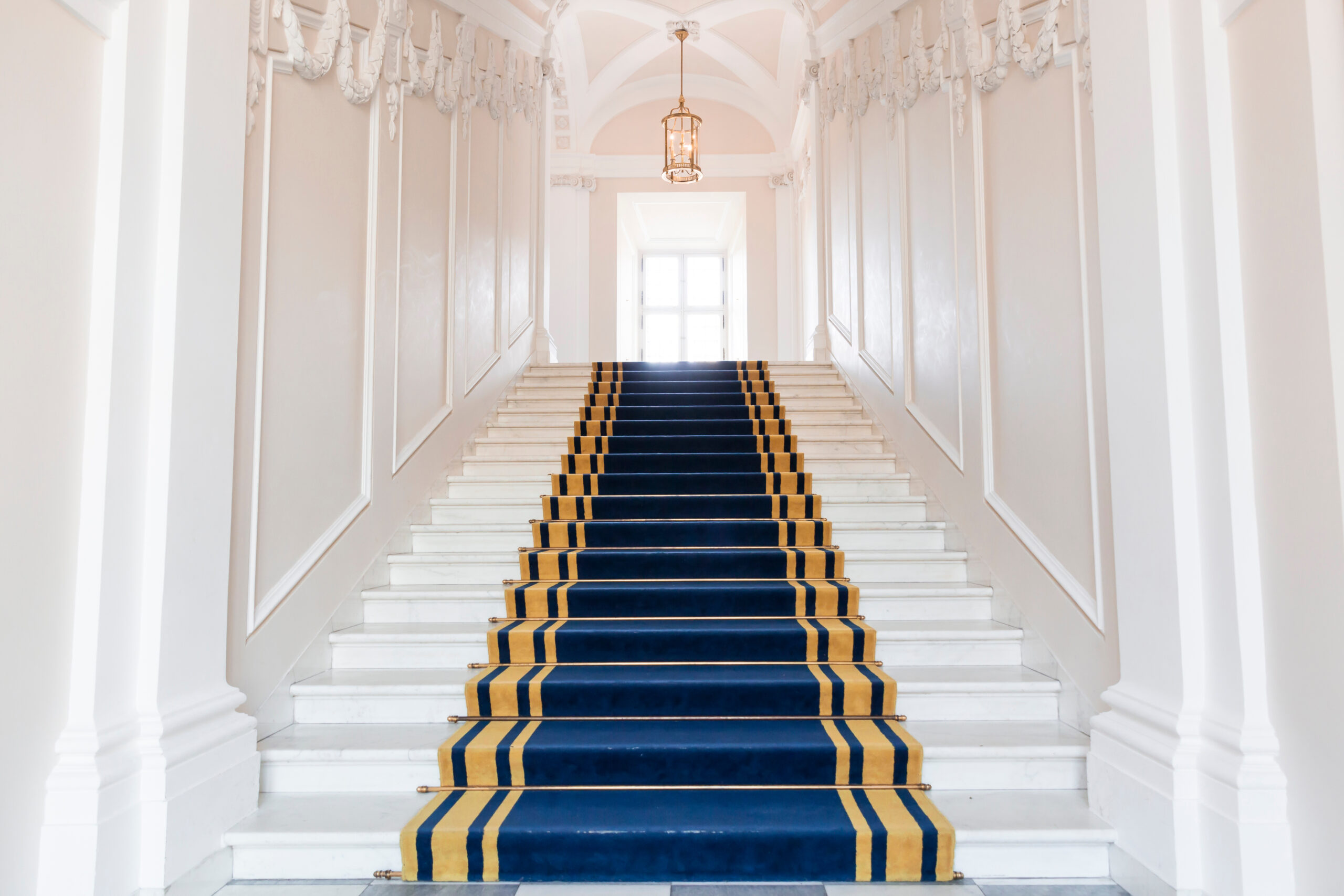We would like to interview Mr Anthem Wong, President of Asian Development Capital Limited and Director, about his impressions of the ICPA Global Executive Protocol training for executives.
- What made you decide on this training as a corporate training?
- What was your first impression of what the course was supposed to be about?
- What did you think the course would be like?
- So you felt that this would be useful for your business?
- When that happened, did you research on the internet or search for books?
- What were some of the errors on the internet that you found out that were correct?
- Was there any part of the course that impressed you?
- What was your lecturer like?
- Who would you recommend this course to and which companies?
- Would you please verbalise in concrete terms why it is necessary for corporate executives to do so?
- Are there any additional things that you would like to mention?
- Please tell us at the end if there is anything you would like to improve on in the future.
What made you decide on this training as a corporate training?
In the course of my work, since last year I have been dealing with the Malaysian Imperial Family, the Prime Minister, key people in China and the Thai Imperial Royal Family, and I realised that we ourselves were not fully aware of the International Protocol. That made me realise that I needed to attend this type of training, and after searching online and on Facebook, I came across your course.
What was your first impression of what the course was supposed to be about?
Malaysia was originally a British colony, so as with Singapore and Australia, we have been following British etiquette and traditions for generations. Since Malaysia became independent, there are many people in modern society who think it is not a very good idea. In this context, the education I received was more based on British education. I wished to study carefully again to see if what I was taught was right or wrong, and to recognise through this lecture whether my behaviour was acceptable as a global citizen or not.
What did you think the course would be like?
At first I looked at the lecturer’s Facebook page and website. I have been in Japan since I was 19 years old. After I came to Japan, I thought that Japanese etiquette was the correct way, and as a consistent way of saying, “When in Rome, do as the Romans do”, thought that since I am in Japan, I should follow Japanese rules, manners and many other etiquette. However, this was completely different from the education I received in Malaysia, and although there were some similarities, I kept wondering what was right and what was not. Then I browsed your Facebook and website, which made me interested in taking the course because I believed that if I followed the basic protocol, I would be able to respond without being rude in any country I visited.
So you felt that this would be useful for your business?
Yes, it did. I never felt I was accomplished, but I was educated in the British system, and I had never been taught international protocol at school. In such cases, there are naturally some differences from the Japanese rules of sitting up and down, such as having to do lady first, what order to enter a room, the order of seating, and so on. In business situations, or when dining in the imperial household, or when dining with Malaysian ministerial level people, I was always confused, what is the correct standard, the Japanese standard or the standard I was taught in Malaysia, which is better. That hesitation has always been with me. This had the detrimental effect of making it difficult for me to concentrate and listen to others, and it turned out to be one of my concerns, as I needed to study properly.
When that happened, did you research on the internet or search for books?
I collected a lot of information. There is a lot of information on the internet, but there are many different ways of looking at it. There is also a lot of wrong information, and I knew that I shouldn’t trust the information on the internet and in the media.
What were some of the errors on the internet that you found out that were correct?
When I first came to Japan to study, I joined the judo club at Keio University, which is known as the oldest sports club in Japan, and I learnt a lot about the education, etiquette and language of various Japanese organisations. One of the rules was that when you make a toast, you have to drink up your own glass of sake, which I always believed to be a rule for working people. I always thought that was the rule for working people. With those differences, I did not know what was the right thing to do when eating with the Royal Family in Thailand or the Royal Family in Malaysia, for example. When I looked on the internet, I found that most of the information in Japan was more applicable to business situations, and there was very little information on diplomatic etiquette.
Then I realised that if I did the same thing at a diplomatic meal based on the etiquette I had been taught in Japan, I would end up drunk by the time it was over, which would not be very appropriate.
It seems that I have been taught that I have to do this and I have done it without understanding the reasons why I should do otherwise. I think I became more aware of this in the future in the business world, or when I have dinner with the prime minister of a country.
“There are some details, such as why there is a right side and left side. Why is there a certain dress code?”
“Yes, I suppose so.”
“People do not know about it, do they?”
The most shocking part of the course was that there are French and British styles of seating order, and Malaysia has always been British style, but I didn’t know there was a difference between the two.
Was there any part of the course that impressed you?
What was impressive to me was that formal and semi-formal, I was really shocked to find out that what I used to think of as semi-formal was actually casual. I was told what the dress code was for and that sometimes it was a hassle when the hosts decide on the dress code, but I learnt that the dress code was for uniformity and to make communication easier, and that is where respect for the hosts comes in, so I I found it very encouraging.
What was your lecturer like?
She was more strict than I expected, and it was very stimulating to study in that kind of atmosphere.
“That’s all?”
“Should I mention a few more things?”
“Yes.”
I had the impression that the teacher was very kind when I first met her, but once we started classes, she was much stricter than I expected, and I definitely feel more motivated to study and absorb more knowledge in that environment.
はい。
Apart from international protocol, we were taught a lot about leadership, psychology and other things that can be applied to future business negotiations and various other situations.
That’ s right, it was a very important part of the training. This time it was executive training, but it was a psychological and brain-scientific part, one of the features, and that’s what diplomacy is all about. The course is designed to promote successful diplomacy and business, therefore, it is not enough just to have good manners and etiquette. I thought it would be beneficial if the learners could see that the reason why etiquette and protocol are so important is actually because of psychology, history, culture, and various other studies.
You are absolutely right. It has built up my knowledge and ultimately my self-confidence. I feel more confident in the future in business and in diplomacy.
Who would you recommend this course to and which companies?
Management teams of large and small companies must, I would say. Even general people who do not believe that they have a chance to meet foreign politicians or the royal family should actively study it as part of their education.
Would you please verbalise in concrete terms why it is necessary for corporate executives to do so?
People often perceive Japan as a country that places great importance on politeness and courtesy, whereas in fact, from a foreigner’s point of view, there are scattered situations where Japanese people know the rules in Japan, but have no knowledge of international protocol or the culture of other countries. In the absence of opportunities to receive such education in Japan, I think it is better to actively take courses from teachers and receive proper education, rather than just relying on information from the media.
“You have to learn systematically from scratch. I think that’s why you came here.”
“Yes, that’s right.”
Are there any additional things that you would like to mention?
Before I attended the course, I rather often did things as I was taught by my seniors in the judo club and in Malaysia, but to be honest, I didn’t really understand why I had to do them.
By taking the course, I realised that some of the things my seniors had taught me were right and some were wrong. I believe that I can be a correct role model as a leader in such situations in the future. I believe that in the future I will be able to communicate more confidently and smoothly in business situations and in my contacts with the Royal Family and people related to the Prime Minister abroad.
“Dignity and grace.”
Yes, indeed.
“Excellent.”
Please tell us at the end if there is anything you would like to improve on in the future.
I would still like to keep learning all the time.
Not that I will end up here after finishing this class, but I would like to put it into practice every day and make it part of my life by continuing to practise what I learnt in the class.
I will not just know it in my head, I will implement what I have learnt into my life more and more.
“I believe that you are a successful person who will continue to walk the path of success more and more, and I look forward to your continued success in the future.”
Thank you very much.







